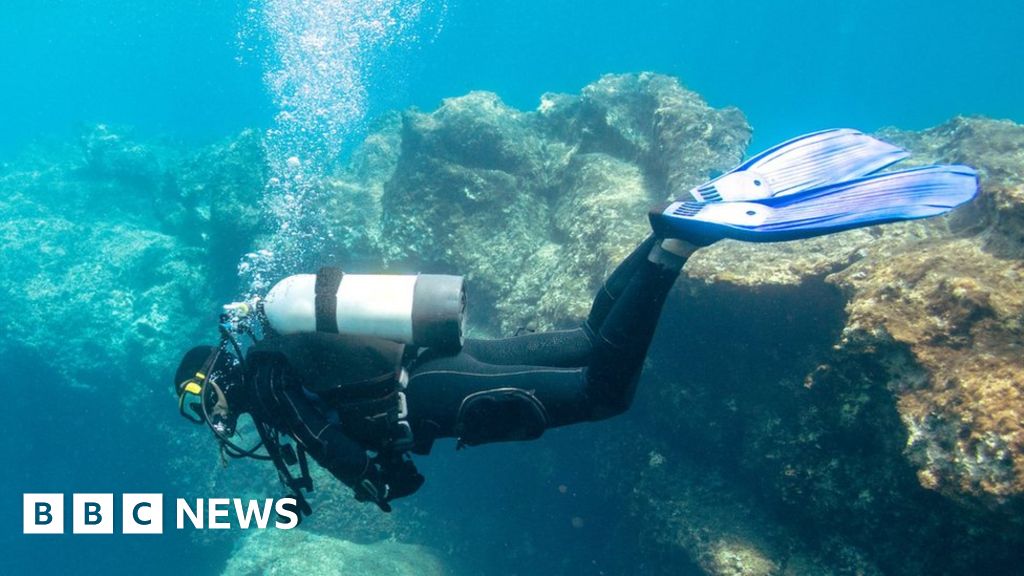
Three scientists who discovered how cells sense and adapt to oxygen levels have won the 2019 Nobel Prize for physiology or medicine.
The award was shared by Britain's Sir Peter Ratcliffe and two Americans, William Kaelin and Gregg Semenza.
Their findings affect our day-to-day life from exercise, to being at high altitudes to our early development in the womb.
Their work is leading to new treatments for anaemia and even cancer.
The Swedish Academy said: "The fundamental importance of oxygen has been understood for centuries, but how cells adapt to changes in levels of oxygen has long been unknown."
Sir Peter Ratcliffe is based at the Francis Crick Institute and the University of Oxford in the UK, William Kaelin at Harvard in the US and Gregg Semenza at Johns Hopkins University in the US.
Oxygen
Oxygen is in every breath we take, our bodies are completely dependent on it for converting food into usable energy.
But oxygen levels vary in the body, particularly during exercise or at high altitude or after a cut or wound disrupts the blood supply.
When oxygen levels drop cells are forced to rapidly adapt their metabolism.
The oxygen-sensing ability of the body can trigger the production of new red blood cells or the construction of new blood vessels.
It also has a role in the immune system and the earliest stages of our development inside the womb.
Understanding the role of the body's oxygen-sensing abilities is leading to ideas for new treatments.
In cancer, tumours can hijack the process to create new blood vessels and make it easier for the cancer to grow.
Telling the body to make more red blood cells could also be an effective treatment for anaemia.
Previous winners
2018 - James P Allison and Tasuku Honjo for discovering how to fight cancer using the body's immune system
2017- Jeffrey Hall, Michael Rosbash and Michael Young for unravelling how bodies keep a circadian rhythm or body clock
2016 - Yoshinori Ohsumi for discovering how cells remain healthy by recycling waste.
2015 - William C Campbell, Satoshi Ōmura and Youyou Tu for anti-parasite drug discoveries.
2014 - John O'Keefe, May-Britt Moser and Edvard Moser for discovering the brain's navigating system.
2013 - James Rothman, Randy Schekman, and Thomas Sudhof for their discovery of how cells precisely transport material.
2012 - Two pioneers of stem cell research - John Gurdon and Shinya Yamanaka - were awarded the Nobel after changing adult cells into stem cells.
2011 - Bruce Beutler, Jules Hoffmann and Ralph Steinman shared the prize after revolutionising the understanding of how the body fights infection.
2010 - Robert Edwards for devising the fertility treatment IVF which led to the first "test tube baby" in July 1978.
2009 - Elizabeth Blackburn, Carol Greider and Jack Szostak for finding the telomeres at the ends of chromosomes.
"how" - Google News
October 07, 2019 at 05:24PM
https://ift.tt/2AQZq0i
How cells sense oxygen wins Nobel prize - BBC News
"how" - Google News
https://ift.tt/2MfXd3I
Bagikan Berita Ini















0 Response to "How cells sense oxygen wins Nobel prize - BBC News"
Post a Comment